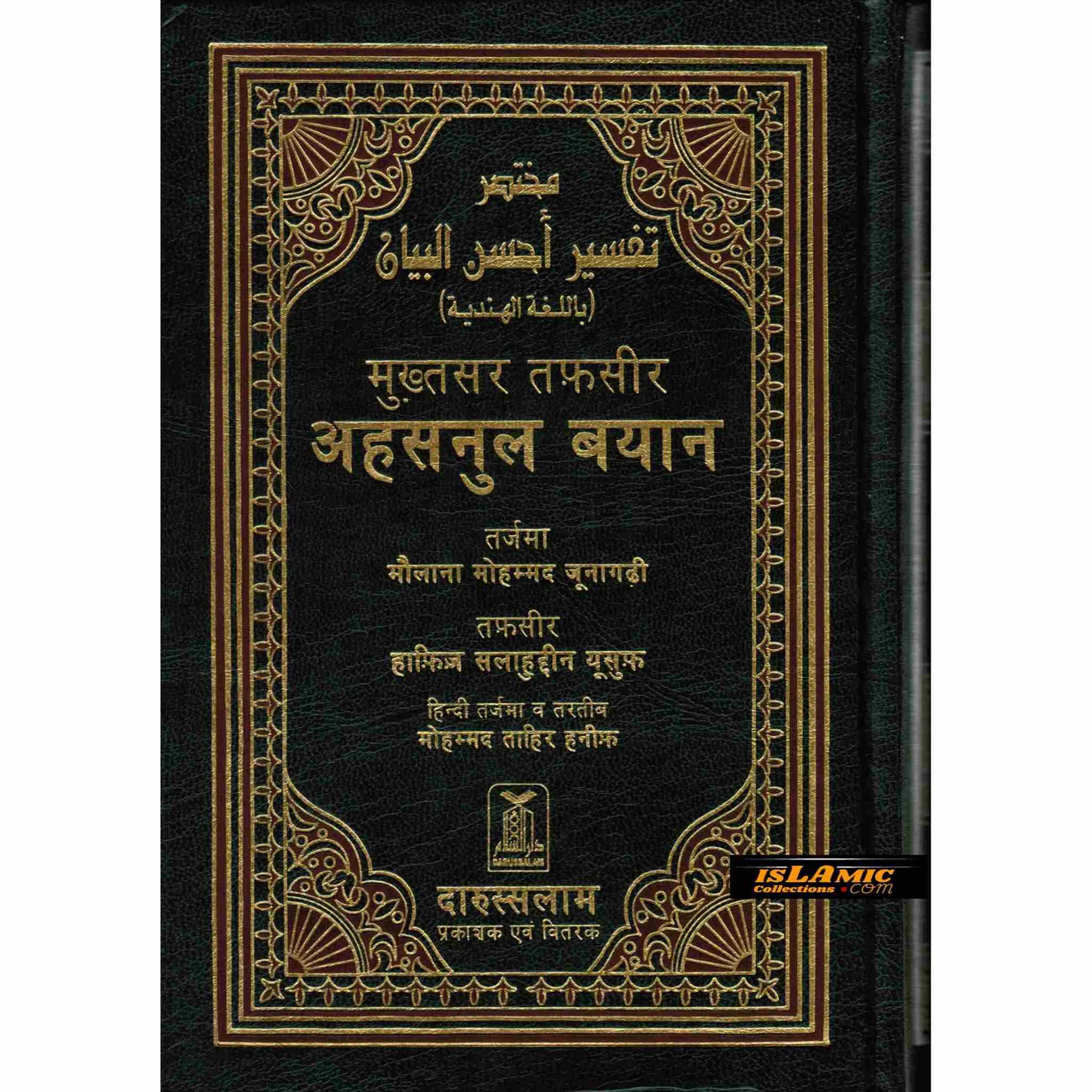NISM Series V-A Exam: A Comprehensive Overview
The National Institute of Securities Markets NISM VA Exam is a pivotal certification for professionals seeking to establish a career in the mutual fund industry in India. As mutual funds continue to gain popularity among investors, the need for knowledgeable and certified professionals has never been greater. This article provides a detailed overview of the NISM Series V-A exam, including its significance, structure, preparation strategies, and tips for success.
Significance of the NISM Series V-A Exam
1. Regulatory Compliance
One of the primary motivations for pursuing the NISM Series V-A certification is compliance with regulatory requirements. The Securities and Exchange Board of India (SEBI) mandates that all individuals involved in the distribution and advising of mutual funds must hold this certification. This regulation ensures that professionals possess a solid understanding of mutual funds, thereby safeguarding investors’ interests.
2. Enhanced Knowledge and Skills
The NISM Series V-A exam covers a broad spectrum of topics related to mutual funds, including their structure, types, investment strategies, and regulatory framework. By preparing for and passing this exam, candidates gain essential knowledge that enables them to provide informed advice to clients and navigate the complexities of the mutual fund landscape.
3. Career Advancement Opportunities
Achieving certification through the NISM Series V-A exam opens doors to numerous career opportunities. Certified professionals can pursue roles such as mutual fund distributors, financial advisors, and investment analysts. This certification not only enhances employability but also positions candidates for career growth within financial institutions.
Exam Structure
1. Format and Duration
The NISM Series V-A exam is conducted in a computer-based format and consists of multiple-choice questions (MCQs). Typically, the exam includes 100 questions, and candidates are given 120 minutes to complete it. This structure encourages efficient time management and quick decision-making skills.
2. Syllabus Overview
The syllabus for the NISM Series V-A exam is comprehensive and covers the following key areas:
- Types of Mutual Funds: Understanding different categories, including equity funds, debt funds, hybrid funds, and liquid funds.
- Regulatory Framework: Familiarity with SEBI regulations and compliance requirements.
- Investment Strategies: Learning various investment approaches and portfolio management techniques.
- Net Asset Value (NAV) Calculation: Grasping how to calculate and interpret NAV.
- Financial Planning and Advisory: Integrating mutual funds into broader financial strategies for clients.
A thorough understanding of these topics is essential for success in the exam.
3. Passing Criteria
To pass the NISM Series V-A exam, candidates typically need to achieve a score of at least 60%. This benchmark ensures that only those with a solid grasp of the subject matter receive certification. In case of failure, candidates can retake the exam without any limit on attempts.
Preparation Strategies
1. Familiarize Yourself with the Syllabus
Begin your preparation by thoroughly reviewing the exam syllabus. Understanding the topics covered will help you prioritize your study materials and allocate time effectively.
2. Use Quality Study Materials
Invest in high-quality study materials, including textbooks, online courses, and official NISM publications. The official NISM study guide is particularly important, as it is specifically designed to align with the exam syllabus.
3. Engage in Mock Tests
Mock tests are essential for gauging your readiness for the exam. They help familiarize you with the exam format and the types of questions you will encounter. Additionally, mock tests improve time management skills, allowing you to practice pacing yourself during the actual exam.
4. Join Study Groups
Consider joining study groups or online forums where you can collaborate with peers. Engaging in discussions can provide diverse perspectives and deepen your understanding of complex topics.
5. Stay Updated with Current Affairs
The financial landscape is dynamic, and staying informed about current trends and regulatory changes is crucial. Regularly read financial news, industry reports, and publications to keep your knowledge current.
6. Create a Study Schedule
Develop a structured study schedule that allocates time for each topic based on its complexity and your familiarity. Consistency is key; aim to study regularly rather than cramming before the exam date.
Tips for Success
1. Understand the Exam Format
Familiarize yourself with the exam format and structure. Knowing what to expect can alleviate anxiety and help you manage your time effectively during the exam.
2. Practice Time Management
During mock tests, practice pacing yourself to ensure you can complete all questions within the allotted time. Effective time management is crucial for success in the exam.
3. Review Regularly
Set aside time to review your notes and key concepts regularly. Repetition reinforces learning and helps ensure that you retain information for the exam.
4. Focus on Weak Areas
Identify areas where you struggle and allocate additional study time to those topics. This targeted approach can lead to significant improvements in your overall knowledge.
5. Maintain a Positive Mindset
Stay positive and confident in your abilities as you prepare for the exam. A constructive mindset can greatly enhance your focus and performance.
Conclusion
The NISM Series V-A exam is a vital step for those aspiring to build a successful career in the mutual fund industry. By understanding its significance, structure, and content, candidates can prepare effectively and increase their chances of success. With dedication, quality study materials, and effective preparation strategies, passing the NISM VA Exam is well within reach. This certification not only enhances your knowledge and skills but also opens doors to numerous career opportunities in the ever-evolving financial sector. Embrace the challenge, prepare diligently, and take a significant step toward a rewarding career in mutual funds.














Post Comment